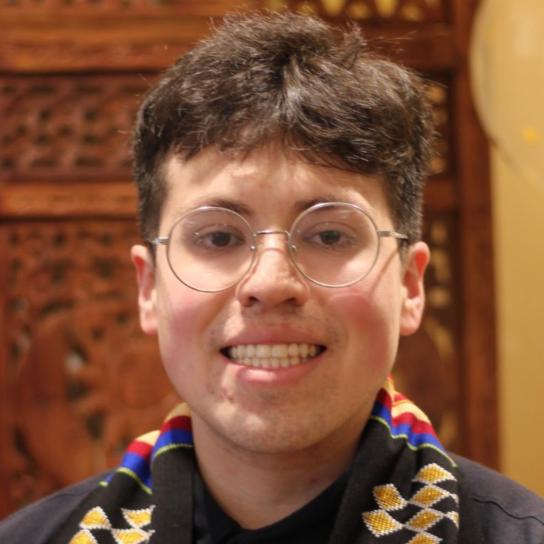Quick Summary
Every year the Minnesota Author Project awards three authors for their work in the following categories: Adult Fiction, Young Adult Fiction, and Communities Create. In the seventh iteration of these awards, Dr. Artika Tyner, author of Rondo: History & Values, won the Communities Create category.

In the seventh iteration of these awards, Dr. Artika Tyner was awarded the Communities Create category winner for her work Rondo: History & Values. In her own words, she describes this story as:
“Rondo: History & Values is an anthology produced by Minnesota voices. Youth, elders, and community members shared their reflections on cultural heritage and self-determination.”
This anthology was created to foster community-building. It serves as an invitation to engage in storytelling, elevate absent narratives, and foster intercultural dialogue.”
You can check out her work for free, via Indie Minnesota.
What was the most rewarding part of writing this book, and what kept you motivated along the way?
My motivation was my family legacy. I am a daughter of Rondo, who is committed to ensuring that our story is told with dignity and honor. I was determined to raise awareness about the injustice our community has endured. The Rondo community in Saint Paul, Minnesota, stands as a testament to the resilience and unity of African Americans in the mid-20th century. Spanning nearly two square miles, Rondo Avenue served as the heart of this vibrant neighborhood, bustling with Black-owned businesses, churches, and schools. By the 1960s, it was home to eighty percent of Saint Paul's African American population, embodying a flourishing hub of cultural and economic activity.
However, the very existence of Rondo was threatened by the construction of Interstate 94 in the late 1950s, part of a nationwide highway system that disproportionately impacted Black communities. Despite its vibrant economy and tight-knit community bonds, Rondo fell victim to eminent domain and the devastating effects of urban renewal. Over three hundred Black-owned businesses were lost, along with seven hundred homes, leading to a staggering $270 million home ownership equity gap. The construction of the highway not only severed physical connections within the community, but also shattered the dreams of generational wealth and stability for countless families, leaving a profound legacy of loss and resilience in its wake.
Yet, still we soar to new heights as we build a collective vision for our future. A new generation of creatives, disruptors, and entrepreneurs are building a brighter tomorrow. The book’s illustrator, Broderick Poole is one such example. He is using his artistry to document our history and celebrate our cultural roots. This book represents our dreams and our commitment to leading change.
What were some of the biggest challenges you encountered while writing, and how did you overcome them?
The biggest challenge I encountered while writing was ensuring hope was the anchor of our writing project. Hope is an action verb that compels us to action. I wanted readers to feel a sense of hope as they read each page. This uplifting experience would then inspire them to serve and lead in their local communities. Readers have shared about how this book has inspired them to connect with others from diverse backgrounds and build a rich multicultural tapestry. Others learned about Rondo and then explored their local highway systems. Many found similar patterns of racial removal in New Orleans, Louisiana, Tulsa, Oklahoma, and Omaha, Nebraska.
What do you hope readers take away from your book, and what impact do you envision it having in your community?
Readers will be inspired to embark on a leadership journey. Leadership is a journey often mistaken for a destination. On this journey, one learns many lessons: how to lead effectively, build new bridges, and establish a vision for the future. This is the foundation of leadership growth. On this journey, one must be willing to explore core values and how these values inform your understanding of leadership. This is the beginning of gaining wisdom, and knowledge.
I envision my community being impacted as they discover the leader within. The leader builds a collective vision, engages in strategic action, thinks critically, and works toward the betterment of society. I am excited to witness the countless ways the community will sow seeds of social change and nurture them into meaningful progress.
Bonus Question: How did you manage stress during this process?
I coped with the stress by collaborating with our community elders, Reverend Carl Walker, and Marvin Anderson. For decades, they have dedicated themselves to our community with steadfast courage and boundless love. Every day, they work tirelessly to uphold and embody our cherished Rondo values. Their example inspired me to continue writing in the pursuit of justice.
I am not a big coffee drinker. I prefer teas like Rooibos and drinking bissap. I drank tea every morning while working on this book.


